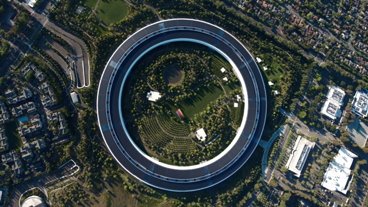Apple pulls back the curtain on its secretive chip development operation
The engineering team responsible for the custom silicon that powers hundreds of millions of Apple's iOS devices is the latest beneficiary of the company's relatively newfound openness.
"The airplane was taking off, and I was building the runway just in time," Apple SVP of Hardware Technologies Jojny Srouji said of his group's efforts to get the A4 — Apple's first in-house mobile CPU — ready to ship in the iPhone 4. That sentence is emblematic of the team's mission to push the silicon envelope, shown in detail for the first time by Bloomberg.
Srouji's reports number in the hundreds, mostly split between Apple's Cupertino headquarters and research and development facilities in Israel. A-series chips are the group's primary focus, but Srouji hints that everything from new battery technology to in-house Wi-Fi modems could be part of its portfolio.
Apple's mobile silicon ambitions extend back as far as 2007, when the original iPhone shipped with numerous technical limitations thanks to the mish-mash of components.
"Steve [Jobs] came to the conclusion that the only way for Apple to really differentiate and deliver something truly unique and truly great, you have to own your own silicon," Srouji said. "You have to control and own it."
The iPad Pro was initially slated to ship last spring with the A8X, and only gained the more powerful A9X after delays in other parts of the project.
Srouji — himself an Israeli and a graduate of the famous Technion — was brought in from Intel to build Apple's processor team by then-hardware chief Bob Mansfield, and now sits at the crossroads of the company's mobile ambitions. His group occupies a space in the critical path for nearly every part of the development process, from industrial design to software.
To make it work, Apple operates a smattering of secret, unmarked laboratories around Silicon Valley. In some, custom Mac Minis stress test new chip designs to ferret out any weaknesses; others are de facto datacenters where next-generation chips are made available for software teams to test against.
This expansive setup illustrates Apple's commitment to being best in class, but Srouji stresses that it's not always enough to throw money at the problem.
"I run it very tight," Srouji said when asked about the team's budget. "I truly believe that engineers will do their best when they are constrained by either money, tools, or resources. If you become sloppy because you have too much money, that's the wrong mindset."
 AppleInsider Staff
AppleInsider Staff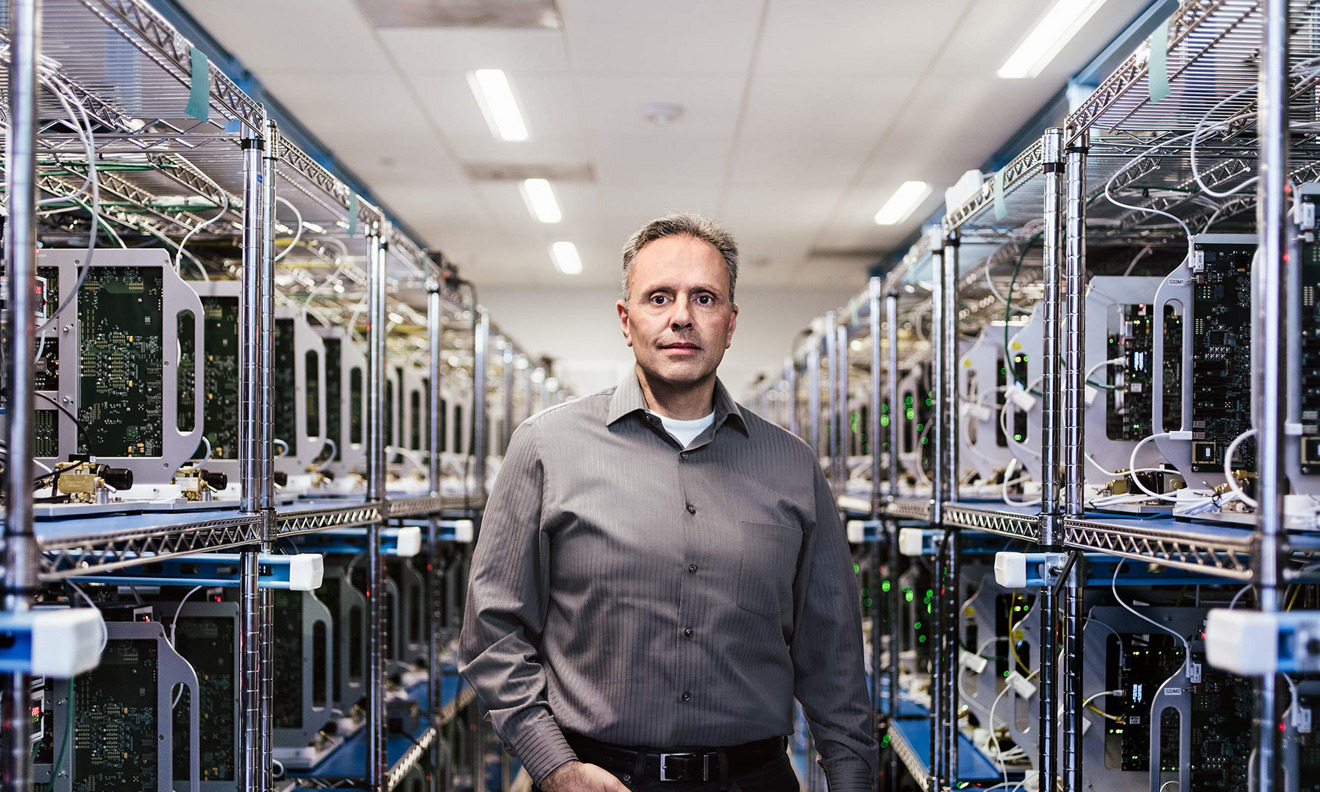


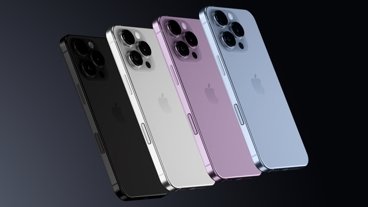
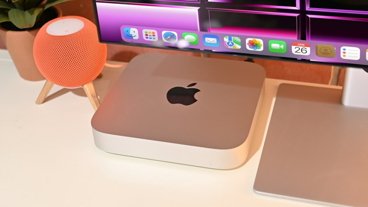






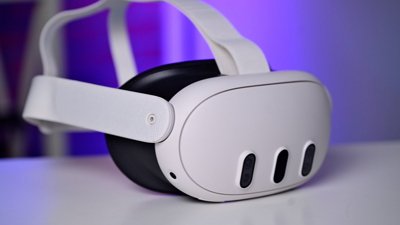
 Andrew Orr
Andrew Orr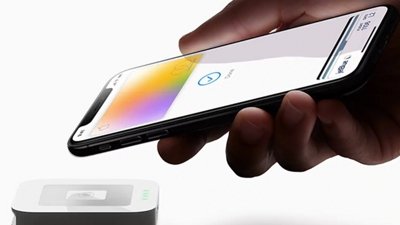
 Marko Zivkovic
Marko Zivkovic
 Malcolm Owen
Malcolm Owen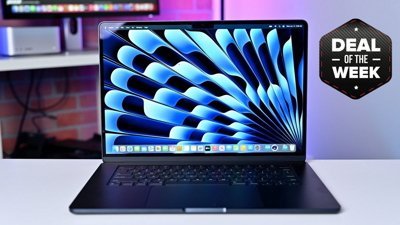
 Christine McKee
Christine McKee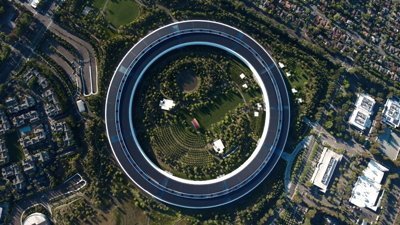
 William Gallagher
William Gallagher
 Andrew O'Hara
Andrew O'Hara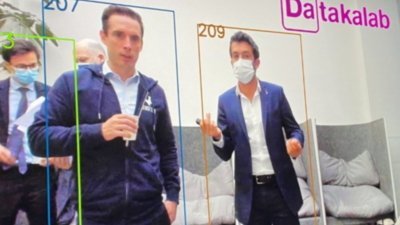

 Sponsored Content
Sponsored Content
